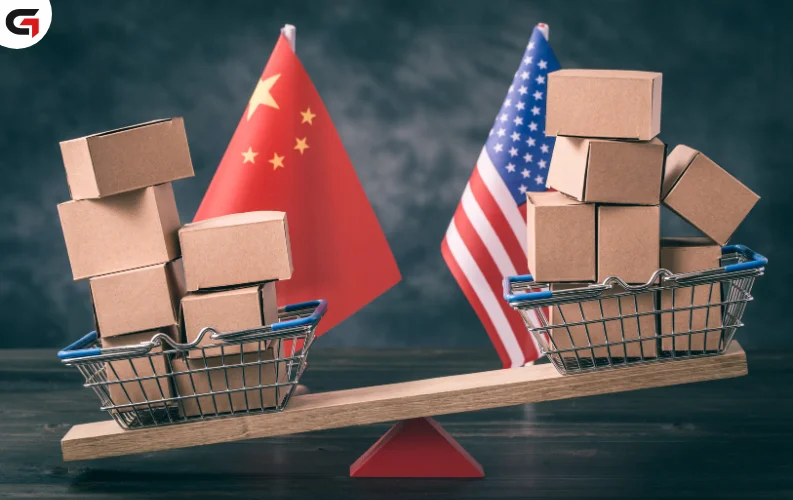Global stock markets are bracing for a possible rally this week following renewed optimism over US-China trade relations, as both sides appear to have taken a step back from the brink of further economic escalation.
During the weekend, U.S. President Donald Trump described the latest round of talks in Geneva with Chinese officials as a “total reset” and “very good,” signaling the most positive tone in months from either side in a standoff that has rattled financial markets and disrupted global trade.
The shift in rhetoric comes after a turbulent stretch in which Trump imposed cumulative tariffs of up to 245% on Chinese imports, prompting Beijing to retaliate with 125% levies on U.S. goods. The resulting trade war has not only roiled stock markets, but also choked supply chains, stifled corporate investment, and raised fears of global recessionary pressures.
A Softening in Tone Sparks Investor Hope
But the resumption of face-to-face dialogue and softer language from both governments are being interpreted by investors as a potential turning point.
“Markets are looking for any signs that the worst is behind us,” said Tom Essaye, founder of The Sevens Report. “Even modest progress in the US-China dialogue can help lift risk sentiment.”
China’s Xinhua News Agency called the Geneva talks “an important step” toward resolving differences, while President Trump’s Truth Social post echoed a friendlier, more diplomatic tone. He wrote that negotiations were conducted in a “friendly, but constructive” atmosphere, fueling expectations that tariff relief may be on the table.
Indeed, in a subtle shift from previous hardline messaging, Trump floated the idea of reducing tariffs to 80%, saying it “seems right.” Though still steep, the comment was widely interpreted as an olive branch—and a potential opening for further de-escalation.
Markets Ready to React
The upbeat sentiment had already started taking root late last week, with Wall Street and global indices posting cautious gains. Now, analysts believe that even incremental progress in trade negotiations could provide near-term tailwinds for equities, especially in export-heavy sectors, tech, and manufacturing.
Central banks around the world have also taken note. With inflation still elevated and growth forecasts being trimmed, monetary policymakers are closely watching geopolitical developments as they weigh next steps.
“Investors are hungry for stability,” said one Dubai-based fund manager. “If this is the beginning of a real thaw, expect a broad risk-on rally, particularly in Asian and emerging markets.”
What’s Next?
While no comprehensive trade deal is expected in the immediate future, the market momentum suggests that investors are willing to price in optimism, at least temporarily. The question now is whether policy action follows rhetoric.
The coming days may bring more clarity, as officials on both sides continue discussions and markets digest signals from the U.S. Treasury, China’s commerce ministry, and broader diplomatic circles.
For now, the combination of easing tensions, potential tariff rollbacks, and improving investor mood could turn this into a bounce-back week for global equities.




















